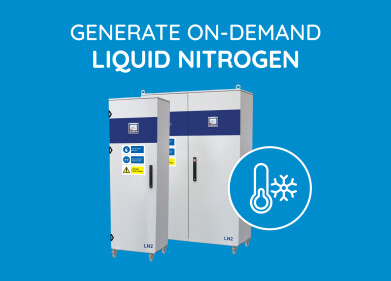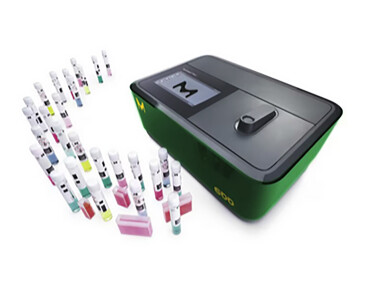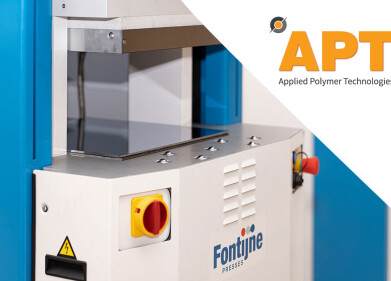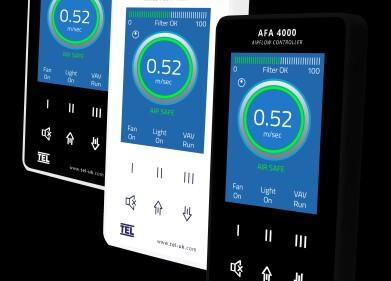Laboratory products
Aid in Critical Development of Brain Tumour Illumination
Mar 24 2010
The Zetasizer Nano particle characterisation system from Malvern Instruments is proving to be an ideal research tool for advanced healthcare applications such as gene therapy and selective-target carrier molecules. University of Washington researchers say that accurate zeta potential and particle size measurements were critical to their successful development of fluorescent, tumour-targeting iron oxide nanoparticles. Able to safely cross the blood-brain barrier and selectively illuminate brain cancer cells during a magnetic resonance imaging (MRI) scan, the innovative molecules resulting from this research are set to make brain cancer imaging much safer. The blood-brain barrier protects the brain from infection. Current imaging techniques require the injection of both dyes and a drug to forcefully open the barrier. Professor Zhang and her team have formulated particles approximately 33 nanometres in diameter. Three times smaller in wet conditions than anything previously formulated in the lab, these particles can naturally penetrate the blood-brain barrier without exposing
the patient to the risk of infection, and represent a highly significant advance in brain cancer imaging.
The Nanoparticle Lab within the University of Washington’s Department of Materials Science and Engineering focuses its research on cancer diagnosis and treatment through imaging enhancement and targeted and controlled therapeutic payload delivery. This is accomplished by use of nanoconjugates or multifunctional nanovectors. A nanoconjugate is a chemically modified nanoparticle serving as a ‘vehicle’ that carries biomolecules to target cells. The term ‘nanovector’ here refers to a nanosized entity that plays a functional role in the perspective of therapeutics. The Zetasizer Nano, which plays an integral part in the research work, is one of a series of instruments from Malvern Instruments that delivers particle size and zeta potential monitoring capabilities at the nanometre scale. Widely used for characterising a broad range of nanosized materials from high concentration colloids through to dilute protein solutions, the Zetasizer range supports the current trends in frontline scientific research.
Digital Edition
Lab Asia 31.6 Dec 2024
December 2024
Chromatography Articles - Sustainable chromatography: Embracing software for greener methods Mass Spectrometry & Spectroscopy Articles - Solving industry challenges for phosphorus containi...
View all digital editions
Events
Jan 22 2025 Tokyo, Japan
Jan 22 2025 Birmingham, UK
Jan 25 2025 San Diego, CA, USA
Jan 27 2025 Dubai, UAE
Jan 29 2025 Tokyo, Japan



















